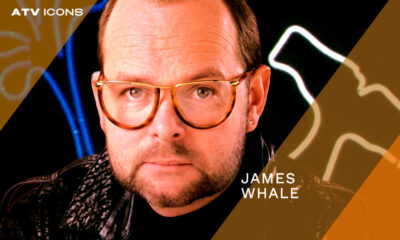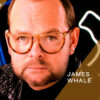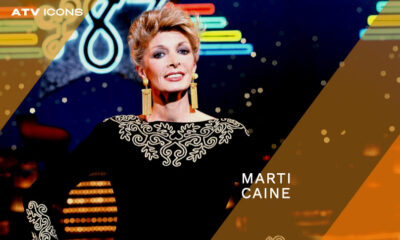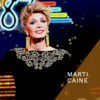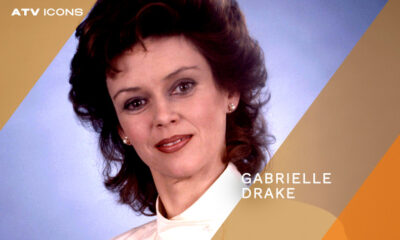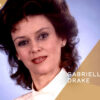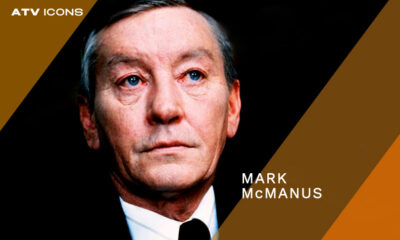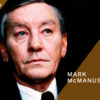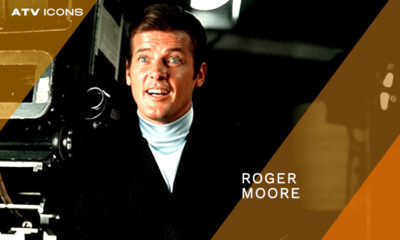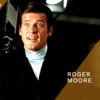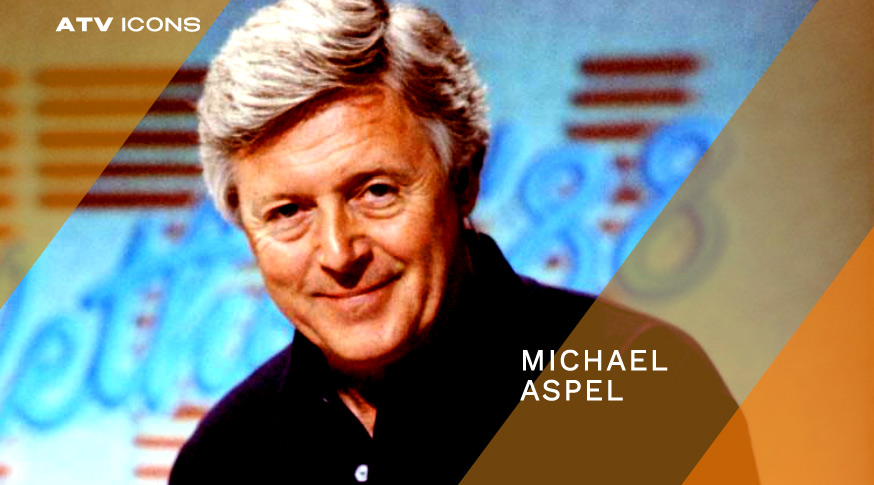
Icons
ATV Icon: Michael Aspel
The journey through memorable ITV stars continues as ATV Icons celebrates 70 years of the broadcaster, today it’s the turn of Michael Aspel…
Michael Terence Aspel was born on 12 January 1933 in the Battersea district of London, England. His childhood was marked by the upheaval of World War II – as a young boy he was evacuated from London during the Blitz and spent about five years in the town of Chard, Somerset for safety. After the war, Aspel attended Emanuel School in London, in his late teens, he fulfilled his compulsory national service between 1951 and 1953, serving as a conscript in the King’s Royal Rifle Corps of the British Army.
Aspel’s entry into the working world was humble and far from glamorous. In the early 1950s, he took up a series of odd jobs – he worked as a drainpipe-layer, a gardener, and even as a tea boy at a publishing house. He also dabbled in sales, briefly selling advertising space for the Western Mail newspaper in Cardiff. These unassuming jobs, however, were stepping stones to his true calling in broadcasting. In 1957, Aspel landed a job as a newsreader for the BBC in Wales. Around the same time, he also tried his hand at acting: he appeared in a BBC Wales children’s radio serial called Counterspy, playing a character named Rocky Mountain.
Michael’s clear diction and on-screen poise soon led to bigger opportunities. By the early 1960s, he had become one of the regular newsreaders on BBC Television’s national news, joining the ranks of notable BBC news anchors like Richard Baker, Robert Dougall, and Corbet Woodall. This visibility as a newsreader helped Aspel transition into hosting and presenting entertainment programmes, marking the rise of his broadcasting career beyond news.

Michael Aspel – The Six O’clock Show / LWT
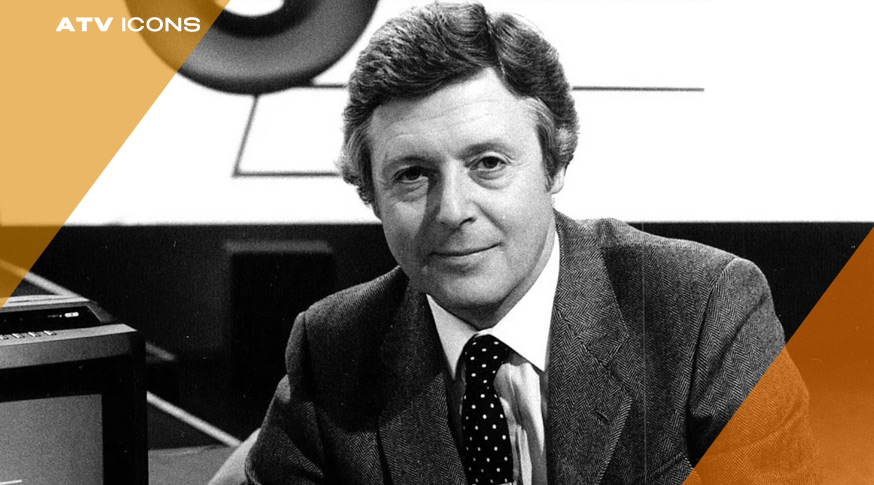
Local issues and conversation on The Six O’clock Show / LWT
Throughout the decade, he began to host or present a variety of Beeb television shows. Among his early TV assignments were popular programs such as Come Dancing, the ballroom dance competition series and Crackerjack! a frenetic children’s variety show which mixed live entertainment with music, games and sketches. He also fronted a children’s request show called Ask Aspel, where he answered letters and introduced telly clips. He became the regular presenter of the Miss World pageant, which he hosted 14 times. This frequent association with Miss World occasionally put him in unusual situations – he later recounted being “attacked by outraged mothers” while judging one local beauty contests.
He had less controversy as host of the Beeb’s A Song for Europe (in 1969 and 1976), which selected the UK’s entry for the Eurovision Song Contest. In those same years, he additionally served as the UK’s television commentator for Eurovision.
By the end of the 1960s, Michael had firmly established himself as a familiar face and voice in British broadcasting. In a notable live television moment, Aspel was the on-duty announcer during a 1969 awards show broadcast when the host, comedian Kenneth Horne, suddenly collapsed and died on stage. Aspel calmly stepped in to ad-lib and keep the transmission going until normal coverage resumed.
During the 1970s Michael switched to commercial broadcasting first on radio with Capital Radio and later LBC. On television, Michael joined Thames Television to host, from 1979 to 1984, Give Us a Clue an ITV celebrity charades game show. He also presented the children’s game show Child’s Play for Thames and co-hosted The Six O’Clock Show, a live regional current-affairs and entertainment format for London Weekend Television.
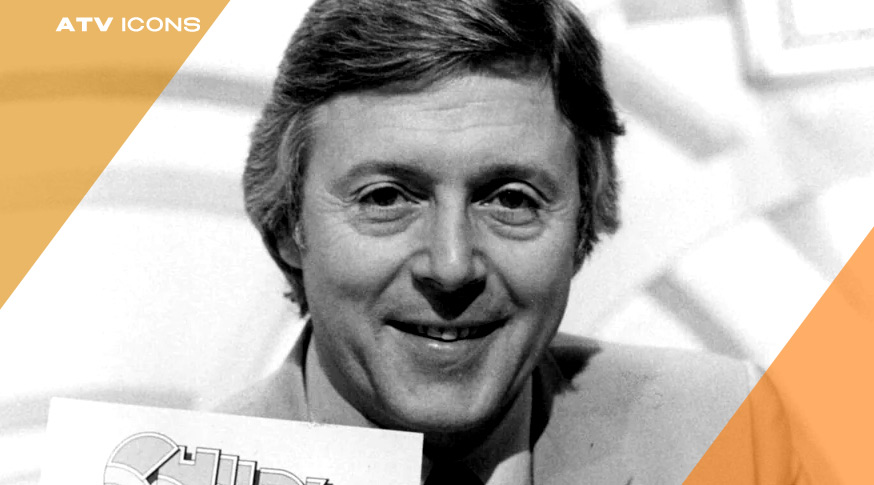
Michael as host of ‘Child’s Play’ / Thames TV
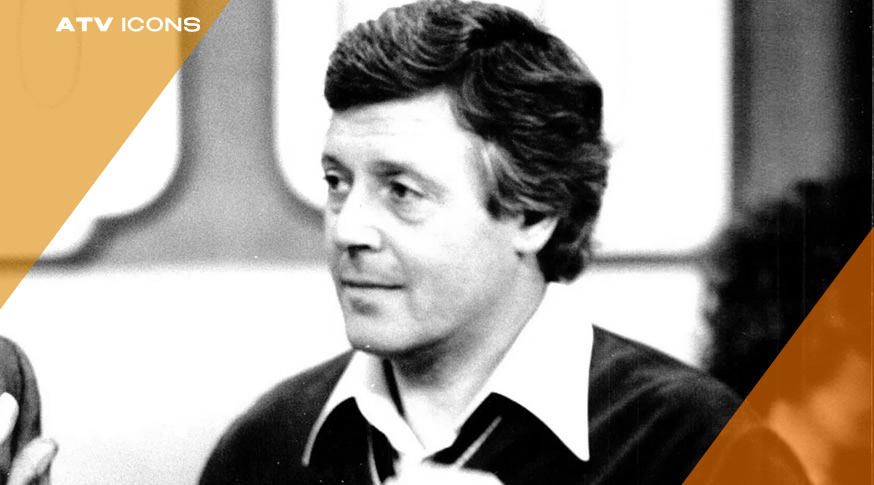
Michael on the set of ‘Give Us a Clue’ / Thames TV
Aspel’s polished style led to him often being described as “Mr. Smooth”, though he once self-deprecatingly remarked that in his early TV days he felt he came across as “inconsequential, bland and useless”.
One of his most successful ventures of the 1980s was his own chat show, Aspel & Company, (LWT) which ran on ITV from 1984 to 1993. This prime time talk show featured high-profile guests with its impressive ratings managed to attract big names – famously, former British Prime Minister Margaret Thatcher gave a rare light-hearted interview on the show and ex-Beatles members George Harrison and Ringo Starr appeared together for a unique joint interview. At the height of its popularity, Aspel & Company made Michael Aspel one of the highest-paid presenters on British television. However, the show’s run ended when Michael became disillusioned with the celebrity chat format. In the late 1980s he stepped back into radio hosting a weekly show for Radio 2.
Aspel had a recurring comedic spot on the Kenny Everett Radio Show on Capital Radio, delivering a weekly joke segment. His ability to not take himself too seriously was evident when he gamely performed in a famous 1977 Morecambe and Wise Show sketch – Michael and other strait-laced newsreaders dressed as sailors and sang “There is Nothing Like a Dame” in a comedic routine that became a classic sketch. Eric Morecambe humorously referred to him as “Michael Aspirin”.
Michael remained a prominent figure on British television through the 1990s and into the 2000s, often associated with long-running, much-loved programs. In 1987, after the death of the original host Eamonn Andrews, Aspel took over as presenter of the iconic biographical surprise show This Is Your Life (Thames Television) first on ITV and later on BBC One.
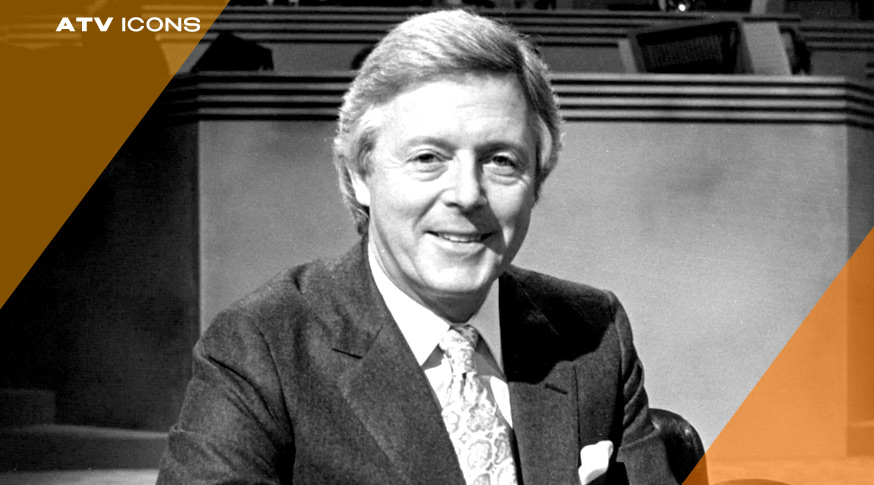
Chat on ‘Aspel & Co’ / LWT
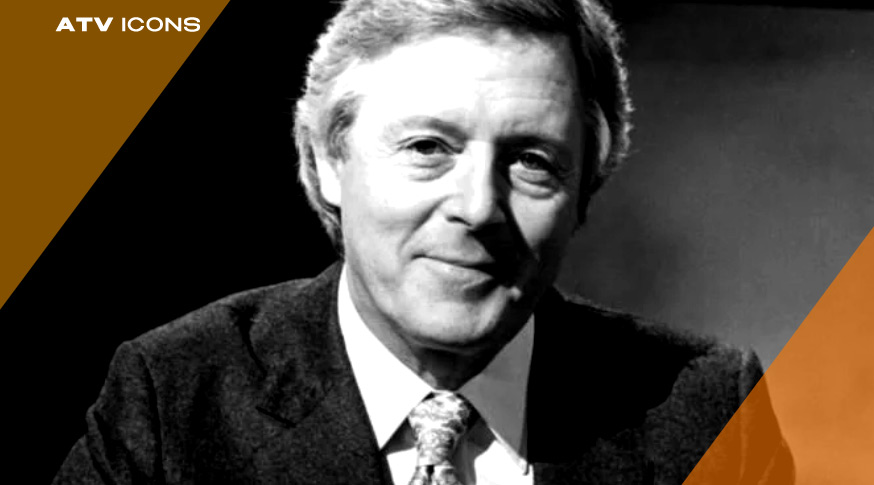
Aspel & Co was a ratings hit for ITV / LWT
Armed with the show’s trademark “big red book,” he would surprise celebrity guests and take them through a sentimental journey of their lives. He hosted from 1988 until the production came to an end in 2003. In all his years hosting he only had one star rebuke when naturalist and comedian Bill Oddie made a comically rude refusal to appear. An unusual instance of a guest rejecting the surprise, which made headlines.
During the 1990s, Aspel also explored different genres of programming. In 1993 he began hosting Strange But True?, an ITV documentary-style series delving into paranormal events and unexplained mysteries. This show ran until 1997 and catered to the public’s fascination with supernatural tales. He even returned briefly to quiz show hosting: in 1997, he was the presenter of a revival of the popular game show Blockbusters on BBC Two, recording 60 episodes in that year.
Arguably one of Aspel’s most celebrated roles in his later career was as the host of the Antiques Roadshow for BBC One. He took over Roadshow in 2000, bringing his gentle charm to this beloved series in which experts appraise antiques brought in by the public. Michael remained the face of Antiques Roadshow for eight years, before deciding it was time to semi-retire. His final episode as host, filmed at Kentwell Hall in Suffolk, aired in March 2008 and was crafted as a tribute to his long tenure.
In interviews, he expressed contentment with stepping back, though he would occasionally make special appearances thereafter. Even in his 90s he had brief returns to radio – in October 2023, Aspel joined Boom Radio for a special show reuniting with his former Capital Radio colleague Graham Dene to celebrate 50 years of UK commercial radio.
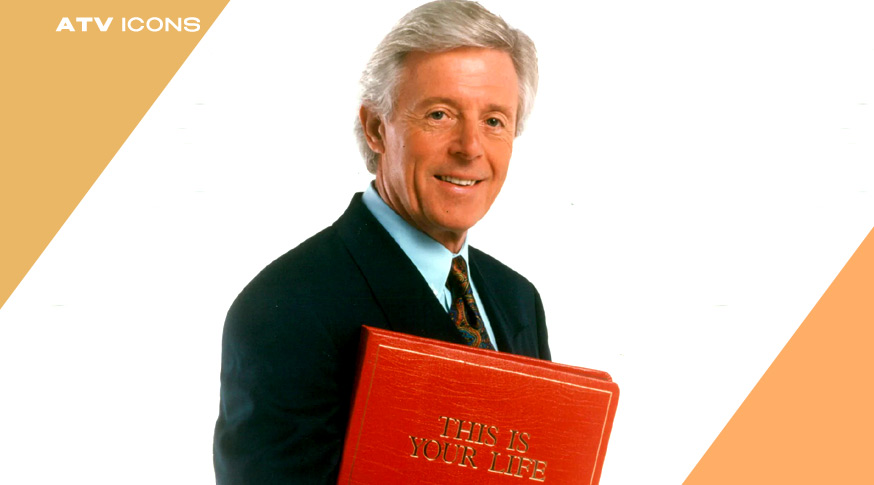
Big red book, Michael oversees This Is Your Life / Thames TV
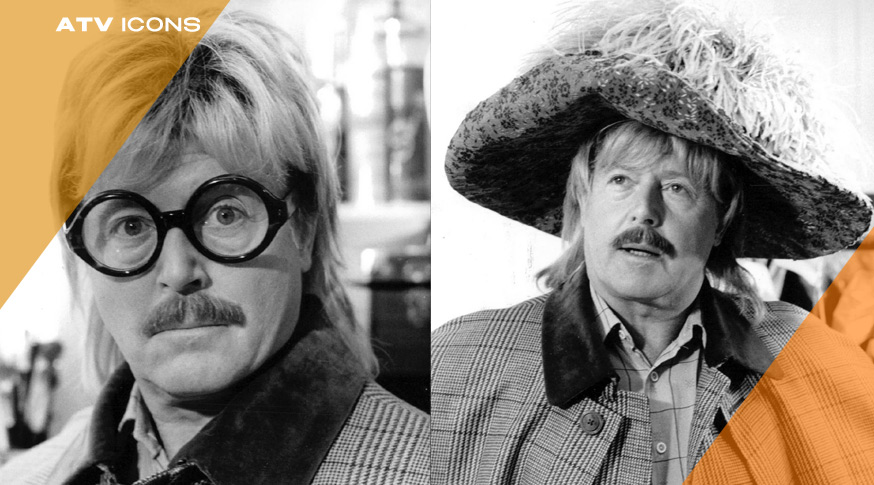
Michael tries different disguises for This Is Your Life / Thames TV
Throughout his long career, Michael Aspel earned recognition for his contributions to broadcasting. In 1993, he was appointed an Officer of the Order of the British Empire (OBE) for his services to broadcasting. Also, a popular figure with the British public he was voted TV Times Television Personality of the Year and received the Variety Club Television Personality of the Year award during his career. He was also inducted into the Royal Television Society’s Hall of Fame, a recognition reserved for those with outstanding service in television.
Michael has supported many charities off-screen, but also became the face of the ITV Telethon, running in 1988, 1990 and 1991. Michael hosted the network offering from London Weekend Television, which saw a weekend of fundraising television. The entertainment extravaganza also saw each ITV region airing programmes around Aspel’s London anchor programme.
Off-camera, Michael Aspel’s life has seen its share of ups and downs. He has been married three times and has seven children. His first marriage was to Dian Sessions in 1957 when he was just launching his BBC career. The couple had two sons together. Tragically, one of these sons died of cancer at the age of 29. Michael and Dian divorced in 1961. His second marriage was to Anne Reed, a television scriptwriter, in 1962. That marriage produced twin children (a son and a daughter), but it was short-lived – they divorced in 1967.
His third marriage was to actress Elizabeth “Lizzie” Power in 1977. Their life together brought both joy and sorrow. The couple had two sons, but they endured the loss of two other infants – one baby died at just three days old, and another child was stillborn. Aspel and Power remained together for 17 years until the mid-1990s. In 1994, Aspel decided to leave Lizzie after he fell in love with someone else – Irene Clarke, a production assistant on This Is Your Life.
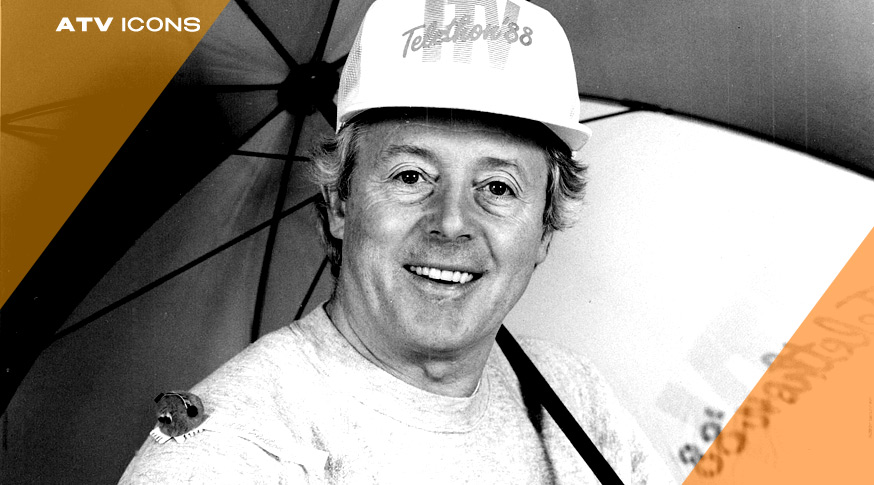
Michael Aspel launches ITV Telethon ’88 / LWT
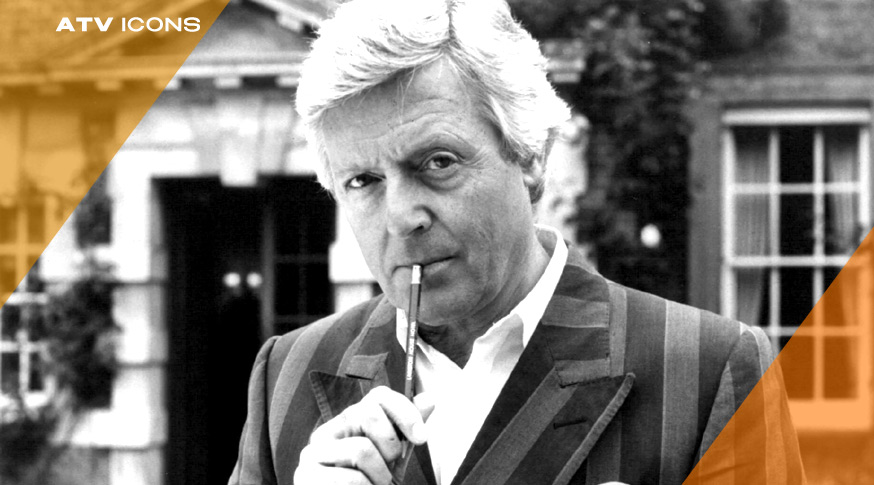
Michael hosts ‘Murder Weekend’ for ITV in 1989 / LWT
This affair ended his third marriage, although legally Aspel and Power never divorced – Power, being a Catholic, reportedly did not seek a divorce, and the two remained married on paper. The breakup was quite public and painful – he even confessed that he revealed his affair to Lizzie over the telephone while she was away on an acting tour, a decision he later regretted. Since 1994, Michael Aspel has lived with Irene Clarke as his long-term partner, and they remain together to this day living in Surrey.
In 2004, Michael announced that he had been diagnosed with non-Hodgkin lymphoma, a form of cancer. Fortunately, it turned out to be a dormant (slow acting) case; Aspel underwent regular check-ups and stated that the condition was being monitored without active treatment.
Michael has generally enjoyed a positive public image as a polite and professional broadcasting icon. However, his long career has not been entirely free of controversy or criticism. The most notable controversy arose in 1993 during the final series of Aspel & Company. In an effort to secure a big exclusive, the show struck a deal to feature Hollywood superstars Arnold Schwarzenegger, Bruce Willis, and Sylvester Stallone – who were in London to promote the launch of their Planet Hollywood restaurant venture.
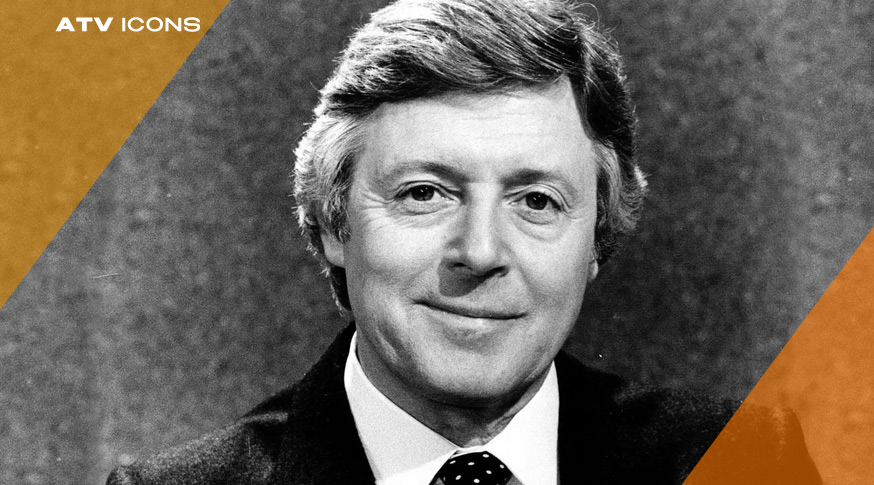
Michael in a publicity shot for London Weekend Television / LWT
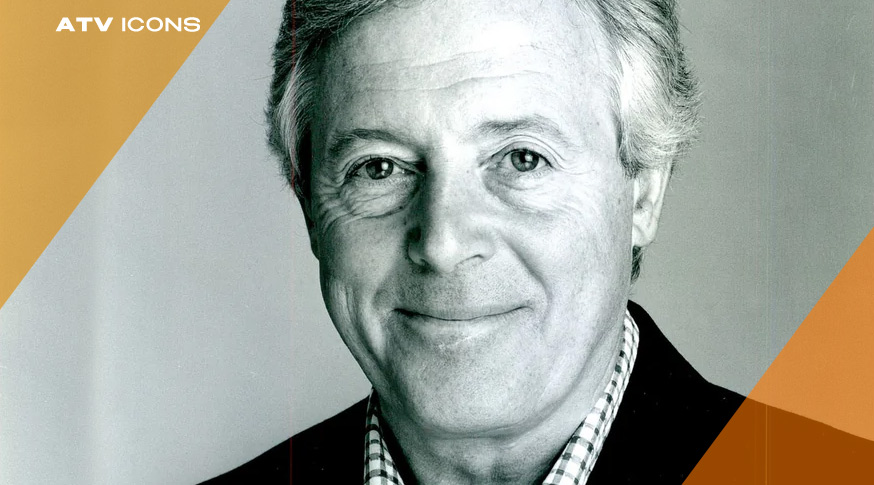
Michael Aspel / LWT
The result was an episode in which the three movie stars dominated the conversation with blatant promotion of their restaurant. At one point Aspel even read out menu items on air in a tongue-in-cheek manner. This crossover of advertising and talk show content drew the ire of ITV’s broadcasting regulator. The Independent Television Commission censured Aspel & Company for breaching broadcasting rules, calling the episode an improper piece of advertising within a television show. The incident tarnished the show’s reputation, and Michael himself was unhappy with how it played out. He later said that the Planet Hollywood episode “was the end of my career as a chat show host,” and he vowed never to host a chat show again after that. LWT pulled the plug on the format not long after.
Spanning over 50 years in broadcasting, Michael Aspel’s career trajectory – from BBC newsreader in the 1950s to the host of some of Britain’s favourite telly shows – he became an integral part of British popular culture: generations of viewers remember him as the man with the red book on This Is Your Life, the gentle host guiding us through treasures on Antiques Roadshow, or the cheerful face of children’s TV on Crackerjack! and Ask Aspel.

